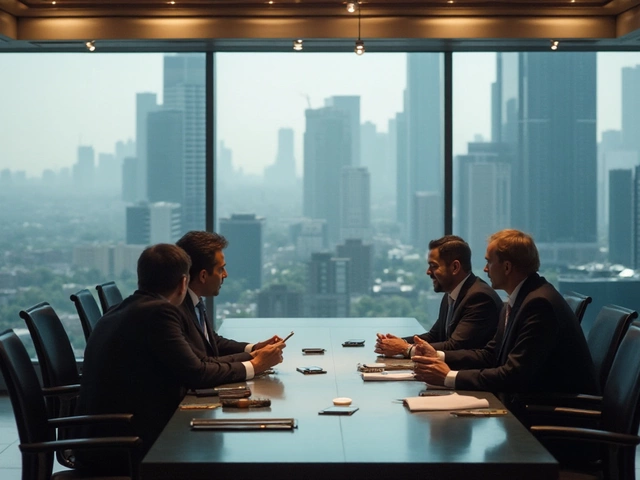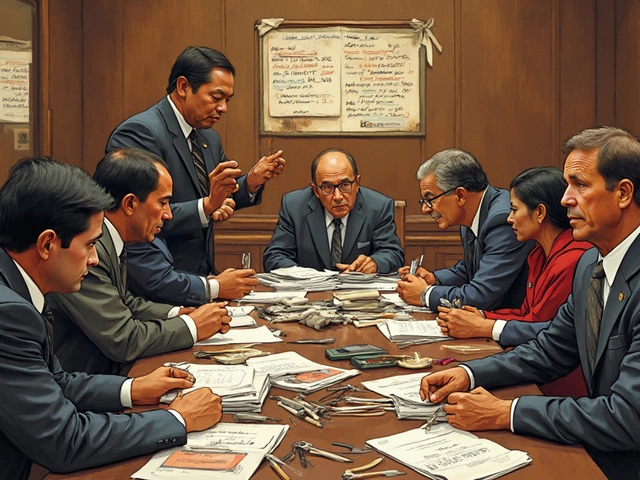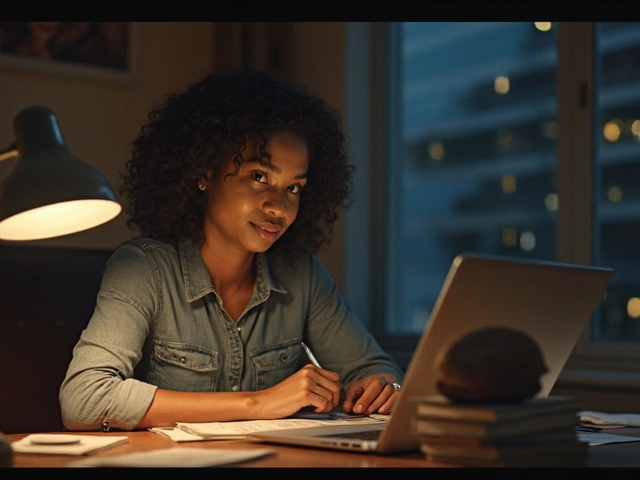You might be surprised: winning a civil case often isn't about who yells loudest or even who seems most believable. Instead, it usually boils down to evidence—who can show, clearly and convincingly, that their story lines up with the facts. Think neighbor disputes, business contract fights, or someone slipping on a damp staircase. Unlike criminal cases, the accused isn’t facing jail, but either money, property, or sometimes an order to stop doing something. But how do lawyers and regular people actually prove who’s telling the truth? Turns out, there’s a playbook, and missing one important step can send even the best story down in flames.
The Heart of a Civil Case: Burden of Proof and Standards
The foundation of any civil case is this simple question: Who has to prove what? In civil courts, the person bringing the claim (the plaintiff) carries what's called the "burden of proof." This doesn’t mean they must convince everyone beyond all doubt; instead, their job is to tip the scales slightly in their favor. The law calls this standard 'preponderance of the evidence.' Imagine holding two buckets and tipping them ever so slightly—whoever can pile on just a bit more wins. In real life, this means the judge or jury just needs to believe it’s more likely than not—over 50%—that the plaintiff’s story is true. Some cases need stronger evidence, especially where fraud or serious wrongdoing is alleged. For those, courts might require “clear and convincing evidence,” which is a higher standard but still not as strict as criminal law’s “beyond a reasonable doubt.” This subtle shift in standards changes strategies. If all you need is to make your story slightly more believable, bringing in just one solid witness or document can totally change the game. No need for drama—just enough proof to make your version of events the likeliest.
Types of Evidence: More Than Just What You Saw on TV
People often picture tearful witnesses or flashy video clips. Reality is more interesting and less theatrical. Civil cases rely on several key types of evidence:
- Physical evidence – documents, receipts, contracts, emails, even text messages. These paper (or digital) trails are usually powerful.
- Testimonial evidence – witnesses who actually saw or heard something relevant. This might be neighbors, coworkers, or experts like doctors or engineers.
- Photographs, videos, audio recordings – you’d be amazed how many court fights are decided by a single phone pic time-stamped on WhatsApp.
- Expert witness reports – these are professionals hired to explain technical things, like market value, accident reconstruction, or emotional trauma.
- Admissions and statements – something one side admits, sometimes without even realizing it, can become a crucial turning point.
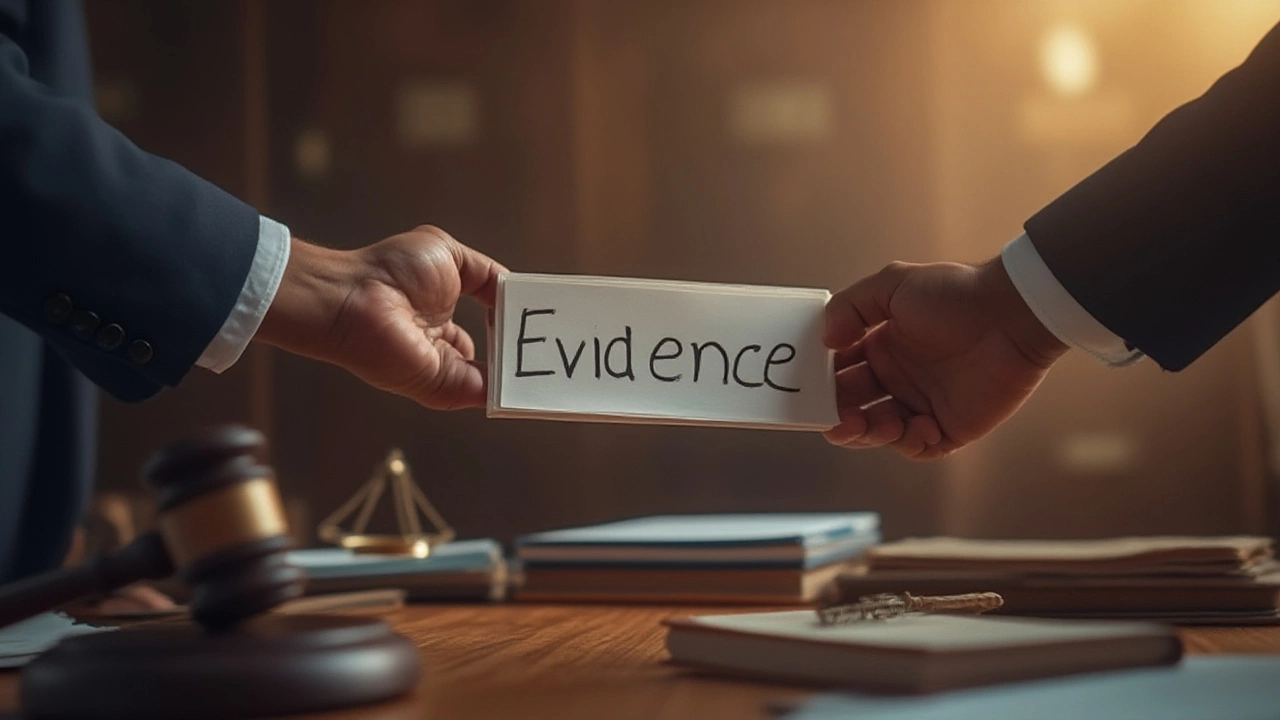
How Lawyers Build (And Break) a Civil Case: Tactics That Matter
A well-run civil case feels a bit like a chess match. Every move from the very first lawyer letter is about setting up the story and blocking the other side’s best shots. Preparation is where most winners are made. Imagine finding an old email that shows you told your landlord about a leaky pipe three times before the ceiling collapsed—that’s gold. On the flip side, defending lawyers look for holes. Maybe the text your neighbor saved is cropped or missing messages before and after. Was that invoice really paid? A strong lawyer will try to spot lies, exaggerations, and even harmless mistakes that make a witness seem unreliable. Here’s a tip: always keep your own timeline and copies of key things, even before you think a fight is brewing. You never know what detail will make your side look stronger. And in some cases, lawyers rely on expert witnesses for pieces that blur together—like doctors explaining whether a back injury could cause certain pain, or engineers describing whether a badly built step was up to code. These experts aren’t just for fancy high-stakes lawsuits; regular folks use them all the time.
Procedures and Surprises: What Happens in Court?
Trials usually look nothing like the movies. Before ever seeing a courtroom, there are loads of steps: pleadings, discovery, even mediation sometimes. Discovery is where both sides swap evidence, answer questions under oath, and go through each other’s documents. Sometimes, this is where the real battle happens. People think evidence means the courtroom, but if someone finds a missing contract or a damaging email in these early steps, cases often settle right there. If it does reach trial, both sides get their shot. The plaintiff presents first—lays out what happened, shows their documents, calls witnesses. The other side then picks apart their case with cross-examination and presents their own version. Judges sometimes ask sharp questions or request more proof if they see gaps. Sometimes there are surprises—like a witness changing their story slightly, or a document suddenly not adding up with the timeline. Lawyers train hard to handle these moments. (Confession: once, a neighbor in my own building claimed their dog never barked at night, but someone found a year-old WhatsApp audio. End of story.)
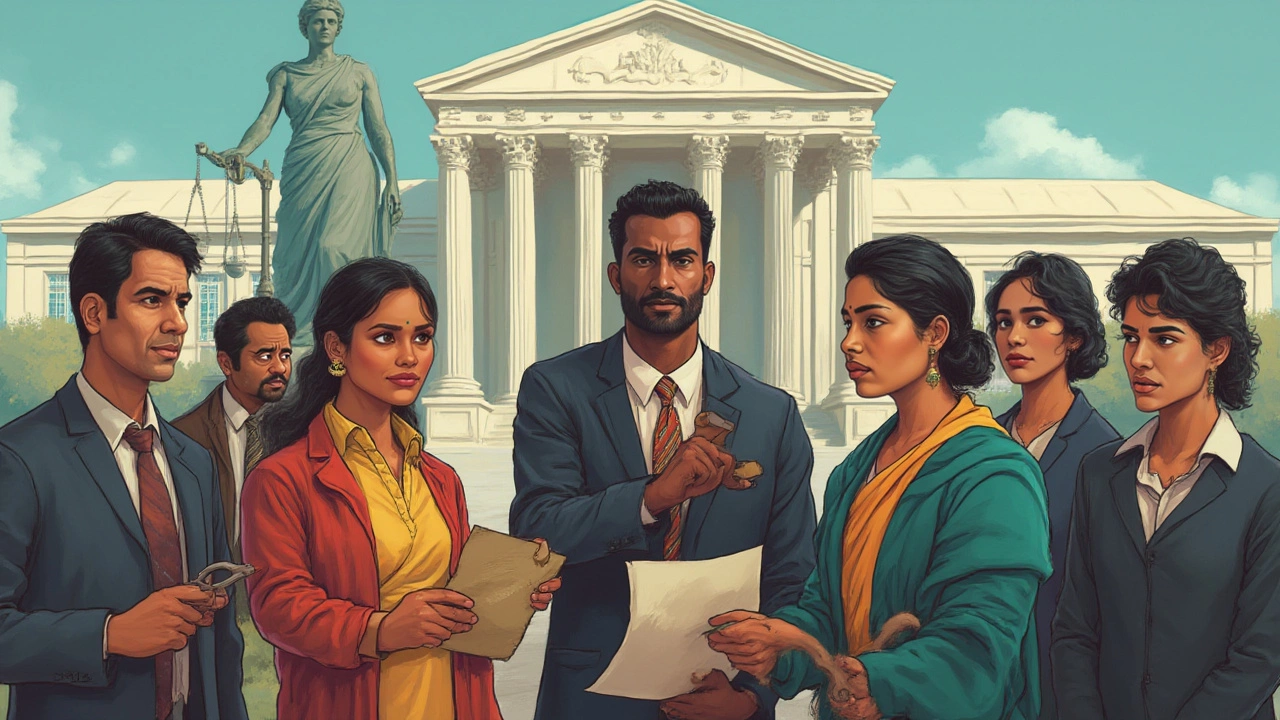
Real-World Tips: Winning or Defending Your Civil Case
If you’re ever in a civil legal battle—small or big—here’s what most seasoned lawyers would whisper to their friends:
- Start saving proof right away. Old text messages, receipts, maintenance requests, photos—even if you think you’ll never need them.
- Keep your story straight. Jot down a timeline for yourself, even if messy. Humans forget, and your notes are often more reliable than memory months later.
- Don’t rely on witnesses who aren’t certain. A neighbor who “thinks” they heard something isn’t as strong as a written message or someone who’s sure.
- Stay organized. Judges love parties who come with labeled documents, even in simple cases.
- Be honest if you made mistakes; courts like people who admit errors quickly over those who dodge blame. Honesty is powerful, especially when combined with clear proof.
- If you have no clue about something technical—like damage to a car or flooded flat—consider tracking down an expert. Their opinion is often the clincher.
